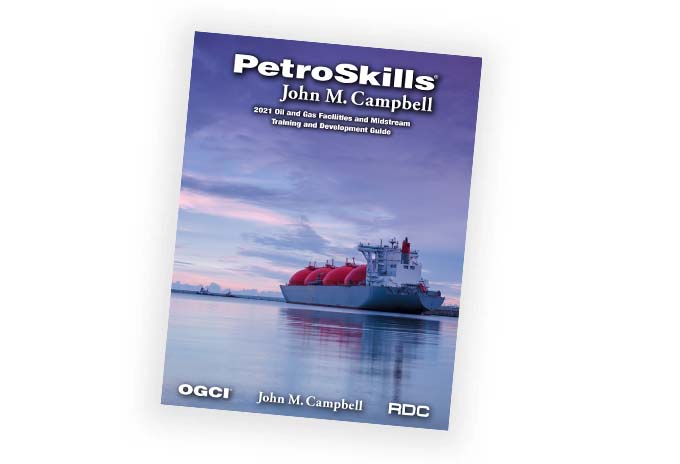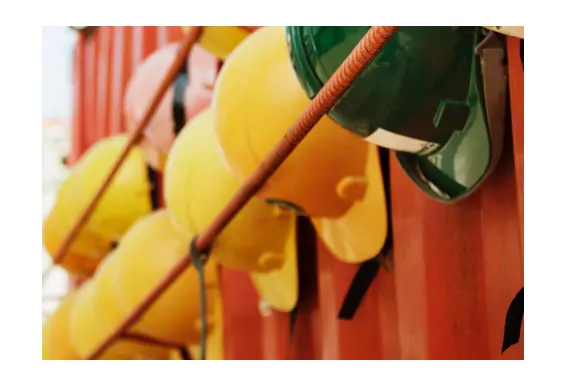Petroleum Finance and Accounting Principles - PFA
About the Course
Making the most efficient use of your resources is critical to the success of any company. Finance and accounting comprise the universal business language and help you manage those resources effectively. Planning and decision making that occur in an informal financial context permit better application of resources and promote competitive advantage.
The aim of this course is to improve delegates' job performance by enhancing their understanding of current international practices in finance and accounting within the E&P industry. This is achieved through an examination of (a) accounting standards, policies, and practices in the oil and gas industry, and (b) the accounting and financial management implications of exploring for and producing oil and gas. An understanding of accounting also allows a company to trace a competitor's actions from its financial statements and to plan accordingly.
The latest issues: The role of International Financial Reporting Standards (IFRS) in today's environment, IFRS 6; COPAS involvement; intangible and tangible asset disclosure and their treatment; Joint operations, Reserves disclosure - Standardized Measure of Oil and Gas (SMOG), (FAS 69 and FRS 3) Capitalized Asset assessment - Present Value 10 construction; Comparative Analysis of Financial Statements: Analyzing the financial statements, common sizing; rate of change; basic ratios; oil and gas industry standards; trends over time.
"Enjoyed the course. Instructor's personal experience and ability to apply the materials to the industry." - Graduate Reservoir Engineer, United States
Target Audience
Personnel new to the oil and gas accounting industry - accounting, finance, or economists, others desiring to understand or refresh their knowledge of basic petroleum accounting concepts, financial personnel needing to understand unique issues as they relate to the petroleum industry, and technical or asset team members looking for the basic concepts of accounting and finance. Participants are encouraged to bring their company's financial reports. This course may qualify for up to 34 hours of CPE for US CPAs.You Will Learn
Participants will learn how to:
- Understand financial reporting requirements for oil and gas companies under IFRS and U.S. GAAP
- Apply basic concepts and terminology for accounting and finance in oil and gas
- Create accounting statements, including a cash flow statement from data accumulation to audited financial statements
- Distinguish between the different financial statements and their roles
- Distinguish between financial, managerial, and contract (joint operations) accounting
- Recognize the different oil and gas accounting methods
- Determine the difference between profits and cash flow
- Apply capitalization rules and depreciation methods
- Recognize accounting treatments of joint ventures such as Production Sharing Agreements
- Evaluate capitalized assets using a ceiling-test
- Read and understand those confusing footnotes
- Prepare, read, and use the disclosures for oil and gas companies
- Recognize how accounting decisions can affect earnings, cash flows, and operational decisions
- Calculate, understand, and analyze financial reports and basic oil and gas ratios
Course Content
- Getting started: financial terms and definitions, the language of business; accounting rules, standards, and policies
- Constructing the basic financial statements
- Classifying revenues, assets, liabilities, and equity
- Comparing different accounting elements
- Accounting for joint operations
- Accounting and reporting
Product Details
Categories:
Upstream, Midstream, Business & ManagementDisciplines:
Energy BusinessLevels:
FoundationProduct Type:
CourseFormats Available:
In-ClassroomInstructors:
Ronnie TuckerAdditional
Request a Public Session
If you are interested in a public session of this course, please click the button below to request it.
Request Public SessionIn-House Training
This course is also available upon request as a private, on-site seminar. Contact us for details and pricing.
Request In-House TrainingNeed Help
Contact us if you have additional questions about how to register for or attend this course.
Contact Us



